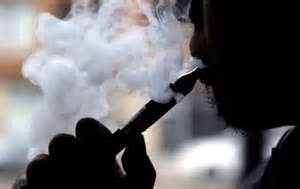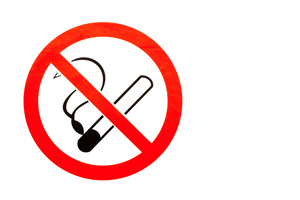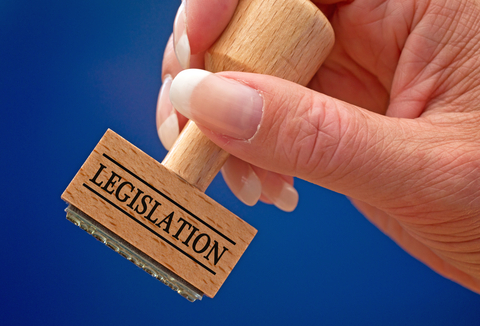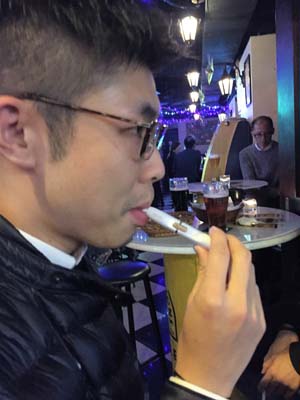The British high commission in Malaysia gave tens of thousands of pounds to a local thinktank while it argued against tobacco controls already enacted in the UK, according to a story by Jessica Glenza for The Guardian.
At the same time it was being funded by the British foreign office, the thinktank received substantial funding from three multinational tobacco companies.
Glenza said that the conduct of the high commission raised questions about whether diplomats went against guidelines to ‘limit interactions’ with the tobacco industry, following previous criticism of diplomatic support for the tobacco industry abroad.
Both British and American diplomatic missions were said to have funded the thinktank, the Kuala Lumpur-based Institute for Democracy and Economic Affairs, while it argued against tobacco taxes and standardized packaging. The UK enacted standardized packaging legislation in 2014.
The latest story follows a Guardian analysis of free-market thinktanks around the world that have taken positions aligned with the tobacco industry. (see Thinking inside the tank, this site, January 24)







